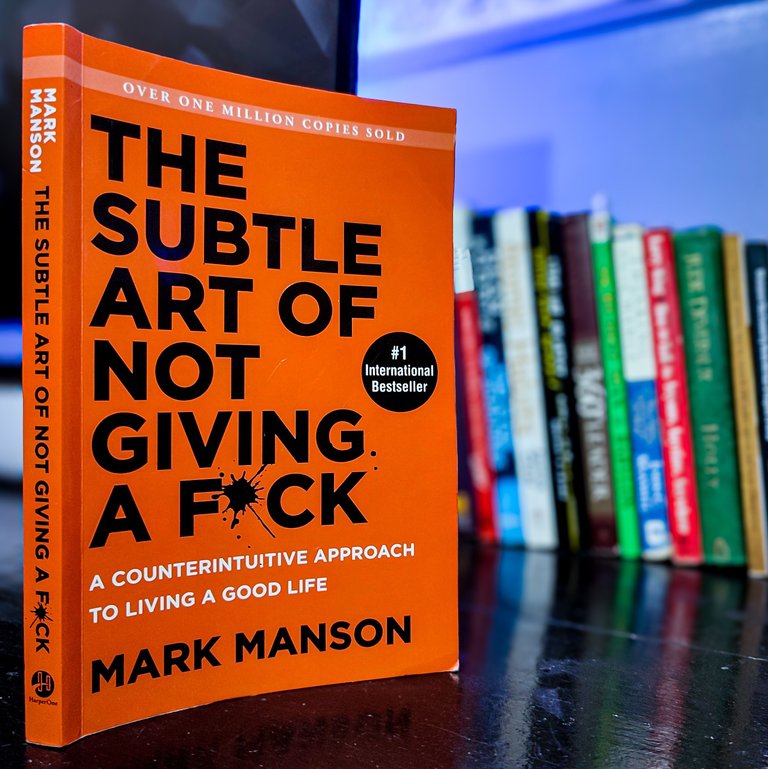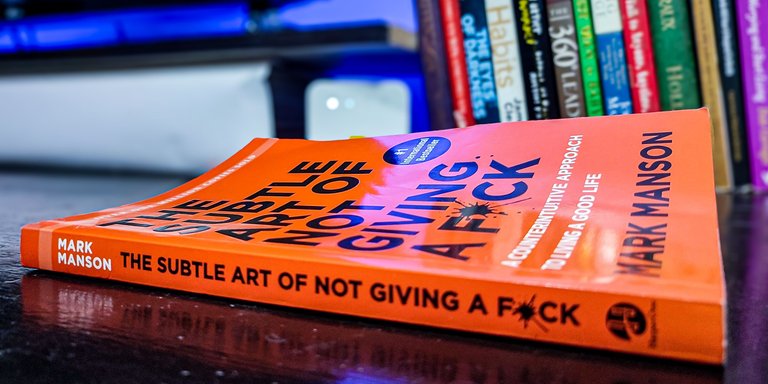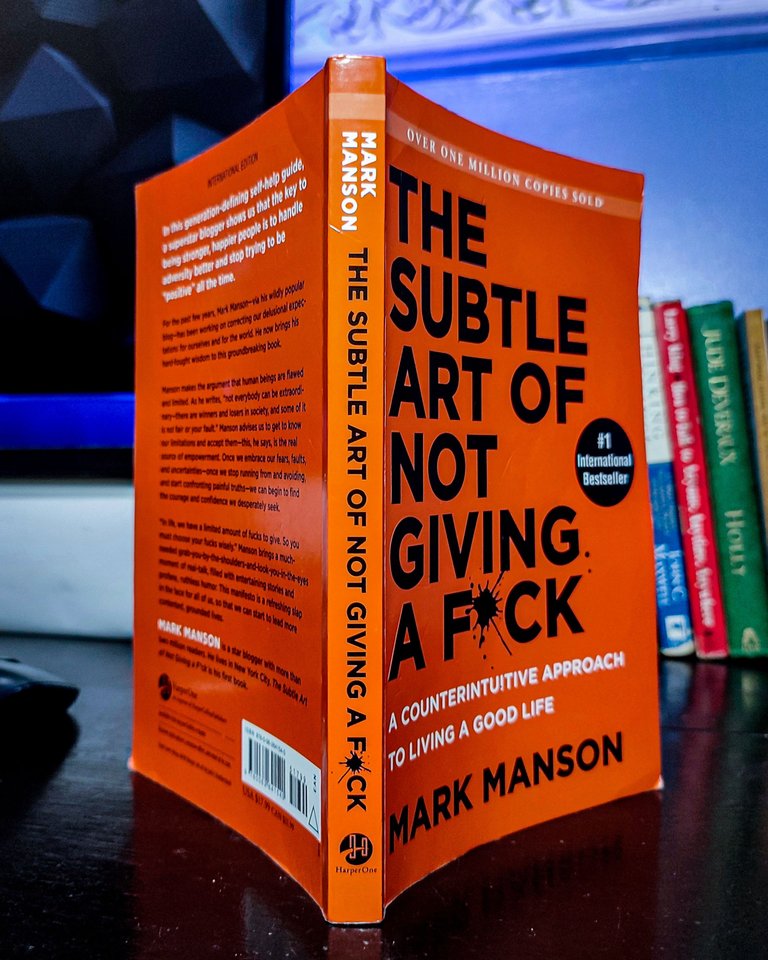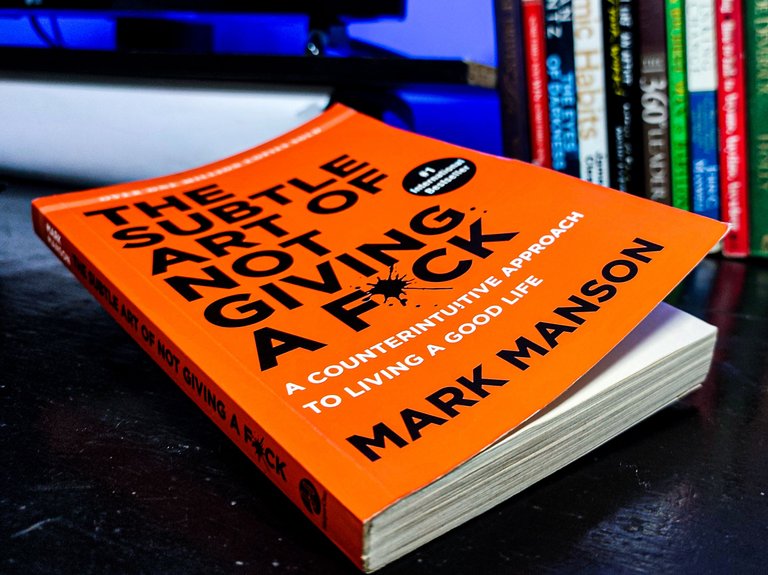I care about a lot of things. I know I do, as it kind of makes me passionate in some ways. I believe many people are like that, so to find a book teaching the opposite as a way of living a good life had me curious. But I was even more intrigued by why the art is subtle.

We may not be at fault for some of the things that happen in our lives, but we are responsible for how they define us. A truth that many people run away from. Mark, the author, elaborated on the idea that we are rather in control of how we respond to what happens to us and how we move on from them.
Being self-aware and truly honest with ourselves can give us more clarity on ourselves and determine the things we should actually care about.
Self-awareness and honesty to myself are actually practices that I am being more intentional about. How I perceive things and respond to them, I do more assessment of. I ask myself more intentional questions, "Am I seeing this properly, or am I just letting my ego get in the way?" "By what standard am I judging myself and everyone around me?"

The reality is that, as Mark describes it, when we shine light on our emotional blind spots and peel the layers of the self-awareness onion, we get to reveal our true personal values, and then we can deeply assess a better way forward.
Yet, "honest self-questioning is difficult as it requires asking oneself simple questions that are uncomfortable to answer. The truth is, the more uncomfortable the answer, the more likely it is to be true."
Shitty values. Another interesting topic in the book. They are the real reasons we give an F about the wrong thing; the reason why we allow ourselves to go down the wrong roads, choose the wrong set of people to move with, and respond negatively to certain situations. Nothing more true than people treating you how you treat yourself. "What exactly do I value? And are these values really good and healthy ones?"

Many stories and explanations in this book had me doing a reality check on myself and how I see myself and determining the right things to care about and others I should reassess my values on.
At the end of the day, you're always choosing. You cannot totally give no Fs about anything. If you can, well, you're just a psychopath. You're always choosing your problems, your values, and something to give an F about. Choose properly, and you're on your way to living a good life. That's the subtle art of not giving an F.
I try to keep an open mind when I am reading books. However, I regularly remind myself to choose what to accept and what not to. There may have been some things that I thought could be handled better, yet I understood the points the author was trying to make. And I should also mention that the book has an interesting take on the titles of the chapters. That kept the book intriguing.

The Subtle Art of Not Giving a Fck explores realistic, objective, and reflective thinking for living a good life. I recommend this book to anyone curious about learning more about being honest with themselves.
I didn't think I would find this book very insightful. It turned out to be a realistic book that uses a counterintuitive approach to teach what many people wouldn't say to themselves. What's within its pages is more than the impression I got from its title.
All images are original property of the author
Posted Using InLeo Alpha